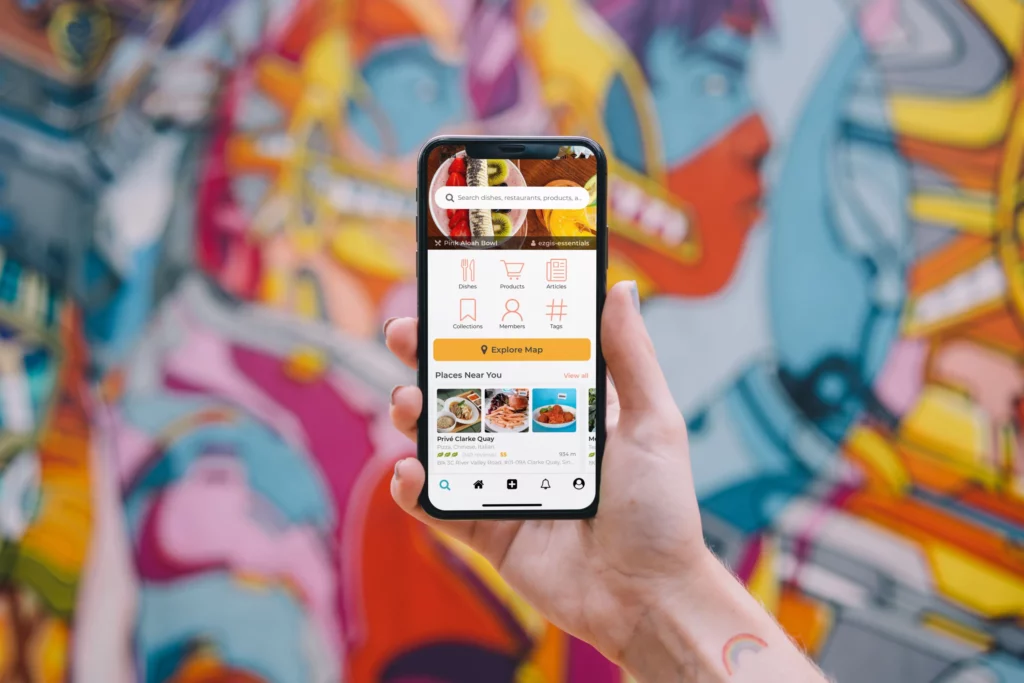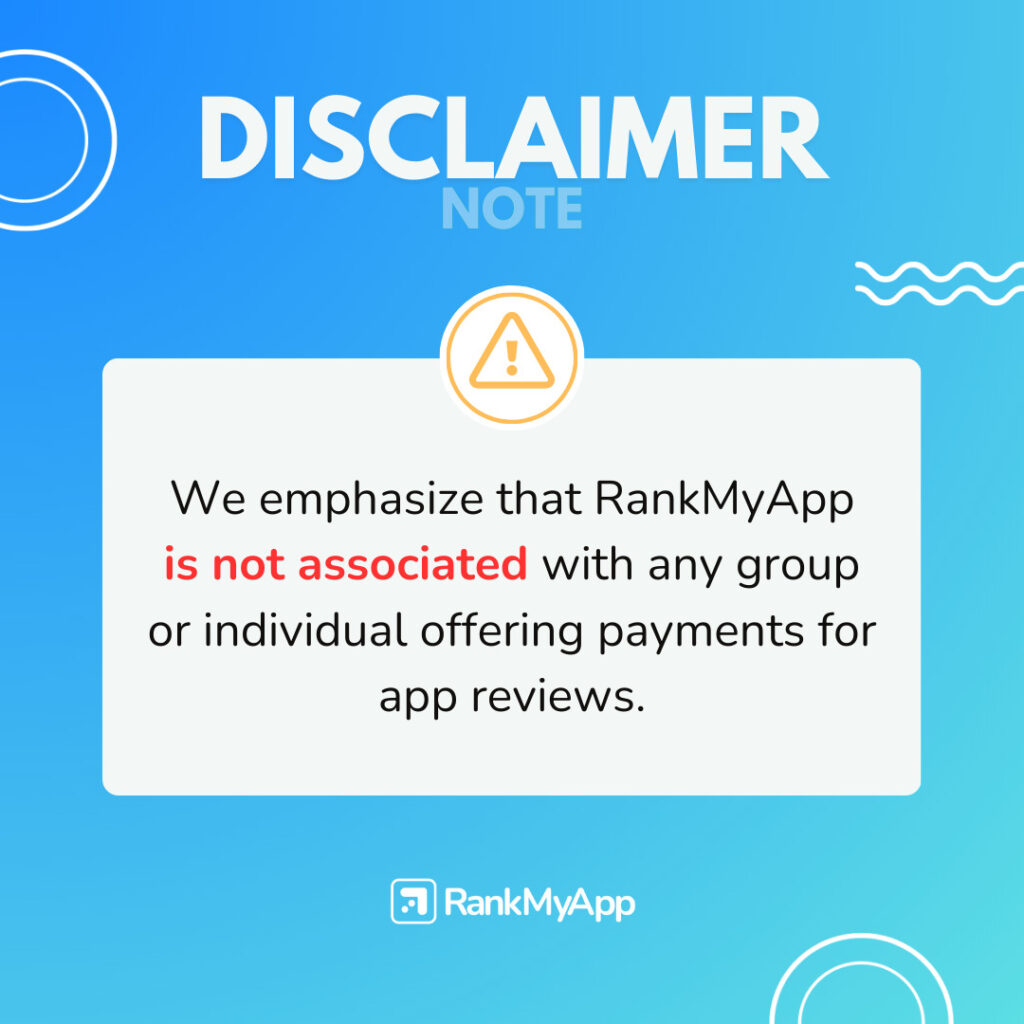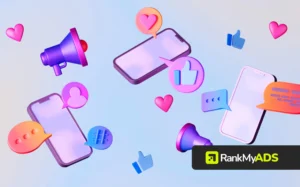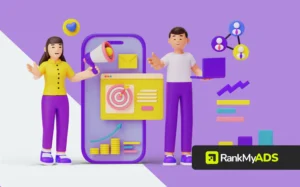In the ever-expanding realm of digital marketing, the significance of selecting the right keywords cannot be overstated. While short-tail keywords have traditionally garnered attention for their broad appeal, it’s the often-overlooked long tail keywords that hold immense potential for businesses seeking to enhance their online visibility. In this era of heightened competition, understanding the importance of long tail keywords is paramount for the success of your digital marketing endeavors.
These longer, more specific keyword phrases not only cater to niche audiences but also possess the power to drive targeted traffic to your website, ultimately leading to higher conversion rates and increased brand recognition. In the following discourse, we explore why prioritizing long tail keywords is indispensable for unlocking the full potential of your business in the digital landscape.

What are long tail keywords?
Before delving into the specifics of long tail keywords, let’s establish a foundational understanding of keywords in general. In the realm of online searches and digital marketing, keywords serve as the linchpin connecting users to relevant content and products.
When individuals navigate the vast expanse of the internet in search of information or products, they articulate their queries through words or phrases they deem relevant to their needs. These expressions, encapsulating user intent and interests, constitute what we commonly refer to as keywords.
Now, let’s zoom in on a particular category of keywords known as long tail keywords. These are more nuanced and specific phrases, often comprising multiple words, that cater to niche or specialized queries. Long tail keywords extend beyond generic terms, offering a higher level of precision in search results and potentially yielding more qualified leads for businesses.
In the subsequent sections, we’ll explore the nuances of long tail keywords and dissect their pivotal role in shaping effective digital marketing strategies.
Long tail keywords extend beyond generic terms, offering a higher level of precision in search results and potentially yielding more qualified leads for businesses.
What is the difference between long tail keywords and short tail keywords?
The difference between a long tail and a short tail keyword isn’t hard to spot. Like their names imply, long tail keywords are longer strings of words while the opposite is the case for short tail keywords.
1- Why do keywords matter?
Your choice of keywords has a significant impact on the outcome of your App Store Optimization (ASO) campaign. How? Hold that thought; we will talk more on that later on this article. It’s often hard to explain to online business owners that long tail keywords yield better results as a marketing strategy.
While most people will argue that long tail keywords examples generate fewer search volumes compared to short tail keywords, the power of long tail keywords lies in their ability to generate precise and targeted search results.
The applications of long tail keywords also influence the visibility of your mobile app in App Stores. If your App is optimized with the appropriate long tail keywords, the chances are that your App will come up higher on App Store search results – and that translates into more downloads for you.

How do you find long tail keywords?
Getting the right list of long tail keywords that are relevant to your business niche can be daunting. To ensure that you are making the right list, you must learn how to use a keyword planner or long tail keyword generator.
Both the keyword planner and long tail keyword generator are effective keyword tools that make your task or search relatively easy. However, the best option is to employ the services of a reliable App Store Optimization company.
Putting the task of finding the right keywords for your brand in the hands of a professional App Store optimization company guarantee that you will get high-ranking and niche specific keywords for your mobile app and digital content.

How to use long tail keywords in ASO?
Similar to App Store Optimization (ASO) for mobile App is Search Engine Optimization (SEO) for your website. The internet is run on complex algorithms that are designed to comb or scan the internet for data and determine what results are appropriate and relevant for every search.
Optimizing your website makes your digital content or brand easy to find. If someone were to type “sneakers” in the search bar, top brands would immediately pop up on the screen. The only problem with the search results is that you will have to sift the flood of information, which in this case, is all brands, sizes, and designs of sneakers.
On the other hand, if you had been more specific with your search description and typed “brown soft breathable sneakers,” it would have made your search a lot easier and wouldn’t have to go through a heap of information just to find a pair of sneakers.
If you had noticed, in the first instance, the search word just “sneakers,” and the second was “brown soft breathable sneakers.” The latter is a typical long tail keywords seo.
You can get more keywords through:
- Competitor Analysis;
- Google search;
- From Forums and Online threads, and,
- A host of professional keyword tools.

ASO Long Tail Optimization
ASO long tail optimization involves the strategic use of longer and more specific keyword phrases in the app store metadata to improve app visibility and attract relevant users. Unlike short tail keywords, which are broad and competitive, long tail keywords target niche audiences with specific search intents. By incorporating long tail keywords that accurately reflect the features, functionalities, and unique selling points of the app, developers can increase the likelihood of their app ranking higher in search results.
Additionally, long tail optimization can lead to higher conversion rates as it attracts users who are more likely to download the app due to its relevance to their specific needs and interests. Overall, ASO long tail optimization is an effective strategy for maximizing app discoverability and driving organic downloads.
Long tail keywords are longer and more specific keyword phrases that typically consist of three or more words. Unlike short tail keywords, which are generic and broad in scope, long tail keywords are highly targeted and cater to niche or specialized queries.
The Importance of Choosing the Best Long Tail Keywords for Your Business
In the realm of digital marketing, the significance of selecting the right keywords cannot be overstated. While short tail keywords may garner more attention due to their broad appeal, it’s the often-overlooked long tail keywords that hold immense potential for businesses seeking to enhance their online visibility and drive targeted traffic to their websites or mobile apps.
Understanding Long Tail Keywords
Before delving into the importance of selecting long tail keywords, it’s crucial to grasp what they entail. Long tail keywords are longer and more specific keyword phrases that typically consist of three or more words. Unlike short tail keywords, which are generic and broad in scope, long tail keywords are highly targeted and cater to niche or specialized queries.
Targeting Specific Audience Segments
One of the primary advantages of long tail keywords lies in their ability to target specific audience segments. By incorporating long tail keywords that are closely aligned with the interests, needs, and search intent of your target audience, you can attract highly relevant traffic to your website or app. For example, a bakery specializing in vegan desserts may target long tail keywords such as “best vegan chocolate cake recipe” or “gluten-free vegan cupcakes,” effectively reaching individuals who are specifically interested in vegan and gluten-free baking.
Reducing Competition and Increasing Conversion Rates
Another benefit of long tail keywords is their lower competition level compared to short tail keywords. While short tail keywords may be highly competitive and challenging to rank for, long tail keywords typically face less competition, making it easier for your business to achieve higher rankings in search engine results pages (SERPs) or app store search results. Additionally, long tail keywords have been shown to yield higher conversion rates, as they attract users who are further along in the purchasing journey and are more likely to convert into customers or leads.
Maximizing ROI and Enhancing User Experience
By selecting the best long tail keywords for your business, you can maximize your return on investment (ROI) from your digital marketing efforts. Investing time and resources into thorough keyword research to identify the most relevant and high-converting long tail keywords can lead to significant improvements in your website’s or app’s visibility, traffic, and ultimately, revenue. Furthermore, by optimizing your content or app with long tail keywords, you can enhance the overall user experience by delivering more relevant and tailored content to your audience, increasing user satisfaction and engagement.
In conclusion, choosing the best long tail keywords for your business is essential for achieving success in today’s competitive digital landscape. By targeting specific audience segments, reducing competition, increasing conversion rates, and enhancing user experience, long tail keywords can serve as a powerful tool for driving growth and achieving your business objectives.

Why Choose RankMyApp?
RankMyApp can assist companies in various ways by providing specialized services in App Store Optimization (ASO) and mobile marketing. Here are some ways RankMyApp can be a valuable partner for businesses:
- Keyword Optimization: RankMyApp conducts comprehensive keyword analysis to identify the most relevant and effective keywords for a company’s app. This includes long-tail keyword research, which is essential for targeting highly qualified app traffic.
- Metadata Optimization: RankMyApp’s team optimizes app metadata, including title, description, and keywords, to improve the app’s ranking and visibility in app store search results. This ensures that the app appears in relevant searches and attracts more potential users.
- Competitor Analysis: RankMyApp performs competitor analysis to identify strengths, weaknesses, and opportunities for improvement in the company’s app strategy. This helps companies understand their competitive landscape and make informed decisions to stay ahead.
- Conversion Rate Optimization (CRO): RankMyApp offers strategies and techniques to optimize app store listings for higher conversion rates. This includes creating compelling visuals, improving app descriptions, and implementing effective calls-to-action to encourage downloads.
- Performance Tracking and Reporting: RankMyApp provides detailed performance tracking and reporting, allowing companies to monitor the effectiveness of their ASO efforts. This data-driven approach helps companies make data-driven decisions and continually optimize their app strategy for better results.
Overall, RankMyApp serves as a trusted partner for companies looking to improve their app visibility, attract more users, and drive business growth in the competitive app marketplace.





